The study was to find out the effect of yoga therapy and Ayurvedic diet on Physiological, Biochemical, Psychological variables among diabetic Type 2 Middle Aged patients. The motive of the study is to determine the Blood Pressure, Pulse Rate, BMI, stress, Self Confidence, Depression, Glucose tolerance test and Lipid Profile of diabetic type 2 patients. It also aims to determine the effect of yoga practices and ayurvedic diet on these variables and also achieve the purpose of the study. 45 middle aged women diabetic patients were chosen from online workshop counselling from Karnataka, India.
The age of the subjects ranged from 45-65 years. The subjects performed selected yoga practices in the morning for 60-75 minutes for 45-50 days. This was given by the yoga expert along with ayurvedic diet was advised and followed. The Selected Physiological, Biochemical, Psychological variables were examined in order to determine blood Pressure, Pulse Rate, BMI, Stress, Self Confidence, Depression, Glucose tolerance test and Lipid Profile were considered as dependent variables. The selected variables were estimated before and after the yogic program of 45-50 days with the help of Neolife Wellness and other centres, Udupi, Karnataka. They were also used for lab reports and other sources from IYA, Hong Kong for further study.
The experimental design used a random group pre- and post-test design. The confidence level was estimated at 0.05 levels. The study shows a significant reduction in blood sugar, triglycerides and total cholesterol between pre and post-test. It was seen that there was improvement in blood sugar, triglycerides and total cholesterol among middle aged women diabetic patients selected from online workshop counselling from Karnataka, India.
Hence it is recommended that, similar study may be attempted by changing the hematological variables. This may be attempted by Tamil Nadu state level young aged men and women, and may be conducted for cardiac patients with hypertension condition.
STATEMENT OF THE PROBLEM
The study aims to find out the effect of yoga therapy and Ayurveda Diet principles on Physiological, Psychological, Biochemical variables among Middle Aged diabetic Type II women patients.
OBJECTIVES OF THE STUDY
- It’s the objective of the study to raise awareness about the importance of Yoga for diabetic women’s overall health.
- The purpose of this study is to raise awareness among people of the importance of Ayurvedic Diet for the overall improvement of diabetic women’s lifestyles.
- To find out whether there would be any significant difference in selected physiological variables among diabetic women due to yoga practices.
- To find out whether there would be any significant difference in selected physiological variables among diabetic women due to Ayurvedic diet practices.
- To find out whether there is any significant difference in selected biological variables among Diabetic Women Due to Yoga.
- To find out whether there is any significant difference in selected biological variables among Diabetic Women due to Ayurvedic Diet Practices.
- To find out whether there would be any significant difference in selected psychological variables among diabetic women due to yoga practices.
- To find out whether there would be any significant difference in selected psychological variables among diabetic women due to the Ayurvedic Diet
DELIMITATIONS
The following delimitations will be taken into consideration in the interpretation of results.
- The study would be confined to middle-aged women who suffer from Diabetes II only.
- The age of the subjects ranging from 35– 50 years only.
- Total number of subjects will be 45 in the Yoga practice group & 45 in the Ayurvedic Diet experimental group, 45 for the control group.
- The study would include 90 diabetes type 2 middle aged women from Udupi, Chennai City, and surrounding areas.
- The duration of the program is 6-to-8 weeks.
- Only selected yogic practices will be used during this study as independent variables.
- The subjects have been selected from various branches of Neo Wellness Center, Udupi, and Asana Andiappan Yoga College within the city of Chennai.
- The study would be confined to the selected Ayurvedic diet Group and Specific yogic practices Group separately.
- The study would be confined to Fasting and Post Prandial Sugar Test conducted on the subjects.
- The study would be confined through selected dimension focus on stress factor.
- The study would be confined to the selected Meditative and Specific reparative practices.
LIMITATIONS
This research study would be limited in the following respects and these limitations should be considered while interpreting the results.
- The subject’s day to day activities and attendance at counselling therapy would not be controlled.
- The acute case would not be considered.
- The diet of the subjects would be controlled.
- The subject’s medical treatment would not be controlled.
The Study would have the following significant contribution to make.
- This Study would give an idea of the Physiological fitness of the Diabetes II Patients
- This study would give an idea of the Psychological Status of diabetes II Patients
- This study would give an idea of the Biochemical Status of diabetes II Patients
- This would be of great significance because it may provide opportunity to yoga therapists to understand and assess the changes in Physiological, Psychological, and Biochemical Variables among middle aged Women Diabetes II patients by giving them yogic practices and ayurvedic diet principles.
- This study would help yoga therapists working in hospitals and rehabilitation centres to assess the present status of Diabetes II in relation to Physiological, Biochemical and Biochemical Variables.
- This Study would further motivate for further research on the related valuables.
- This study would enable to find out the Ayurvedic Diet or Yogic practices have greater effect on the Physiological, Biochemical and Psychological Variables among middle aged Women Diabetes II patients.
METHODOLOGY
The study aims to find out the effect of yoga therapy and Ayurvedic Diet on Physiological, Psychological, Biochemical variables among Middle Aged diabetic Type II patients. The study aims to determine the blood sugar, Lipid Profile and total cholesterol of diabetic patients. The effect of yoga Practice and Ayurvedic Diet needs to be measured on that variable. To achieve the purpose of the study, 45 Women diabetic patients were selected from Udupi district and 45 Online Students were selected from Andiappan Yoga Community. The subjects’ ages ranged from 45-60 years.
The subjects performed selected yoga asana in the mornings for 30-40 minutes every day for 45 to 50 days. This was taught by scholar himself and by other instructors and given advice on ayurvedic diet as how to balance the doshas. The Physiological Variables such as dependent variables such as Systolic, Diastolic, pulse rate, BMI are selected, biomechanical variables such as were chosen as dependent variables such as fasting plasma glucose test, oral glucose tolerance test, Lipid profile and for psychological variables is chosen as dependent variables such as stress, self-confidence, and depression.
The selected variables were estimated before and after the yogic program and Ayurvedic diet of 45 to 50 days. This was done with the help of qualified Lab technicians from Neolife wellness and other center, Bramhagiri, Ambalpadi post,
Udupi, Karnataka.
The confidence level was estimated at 0.05 levels. The subjects were selected randomly, and the groups were analyzed according to the factors to be examined.
The difference between the means of the three groups in the pre-testwas taken into account during the analysis of the post-test difference between the means. In order to achieve the purpose of this study, the final means were adjusted for differences between the initial means and the adjusted means were obtained and tested at a level of confidence of 0.05. To test the significance of changes between the means, the ANCOVA test was applied. The probability level below which we reject the hypothesis is termed the significance level.
The F- ratio obtained from analysis of variance needed to be 3.22 in order to be significant at the 0.05 level. In addition to that the significant difference between the paired adjusted means was tested by computing the confidence interval value utilizing Scheffe’s post-hoc test, in which the obtained means difference value needed to be greater than Scheffe’s confidence interval value for significance.
HYPOTHESIS
1. It was hypothesized tbat the physiological variables such as systolic blood pressure and pulse rate were to be significantly improved in the yogic practices group compared to a control group. Scheffe’s post hoc test tables indicated significant improvements in the yogic practices group compared to the control group, thus approving the research hypothesis and rejecting the null hypothesis. However, there was a significant improvement in diastolic blood pressure between the yogic practices group and the control group, thereby rejecting the null hypothesis and accepting the research hypothesis.
2. It was hypothesized that there would be significant improvement in physiological variables of systolic blood pressure and pulse rate in the Ayurvedic diet group. According to Scheffe’s post-hoc test tables, there was a significant improvement in the Ayurvedic diet group, which established the research hypothesis and rejected the null hypothesis. However, there was a significant improvement in diastolic blood pressure for the ayurvedic diet group. Therefore, the null hypothesis is rejected, and the research hypothesis is accepted.
3. It was hypothesized that yogic practices group members would improve stress, self-esteem, and depression psychological variables. Scheffe’s post-hoc test tables indicated that yogic practices participants significantly improved, which supported the research hypothesis and rejected the null hypothesis.
4. It was hypothesized that the Ayurvedic diet group would achieve significant improvement in psychological variables such as stress, self-confidence, and depression. The post hoc test tables revealed that the Ayurvedic Diet group showed significant improvement; therefore, the research hypothesis was accepted and the null hypothesis rejected.
5. It was hypothesized, the yogic practices would significantly improve fasting plasma glucose biochemical variables. Using Scheffe’s post-hoc test tables, it was found that the yoga practice group experienced significant improvements. This resulted in the acceptance of the research hypothesis and rejection of the null hypothesis. However, the OGTT was significantly reduced after 2 hours in the Yogic practice group. Lipid profiles were considerably improved, rejecting the null hypothesis and accepting the research hypothesis.
6. It was hypothesized that there would be significant improvement in ayurvedic diet group in biochemical variable of fasting plasma glucose. In Scheffe’s post hoc test, the results indicated that there was an improvement in the ayurvedic diet practices group, confirming the research hypothesis, and rejecting the null hypothesis. But 2 HR OGTT and lipid profile showed significant improvement in the Ayurvedic diet practice group. Therefore, the null hypothesis is rejected and the research hypothesis accepted.
SUMMARY & CONCLUSIONS
Within the limitations and delimitations set for the present study and considering the results obtained, the following conclusions were drawn.

1. The physiological variable systolic blood pressure, diastolic blood pressure, pulse rate BMI significantly reduced due to influence of six weeks training yogic practices when compared to the control group. And there was a significant improvement in yogic practices compared to the control group.

2. The physiological variables systolic blood pressure, pulse rate, BMI and diastolic blood pressure were significantly reduced due to the influence of six weeks training Ayurvedic diet practices according to the specific individuals when compared to control group. There was a significant improvement in the Ayurvedic diet compared to the control group.

3. The psychological variable stress significantly reduced, self-confidence significantly improved, depression significantly reduced due to influence of six weeks training yogic practices when compared to control group. There was a significant improvement in yoga practice in comparison to the control group.

4. The psychological variable stress significantly reduced, self-confidence significantly improved, depression significantly reduced due to influence of six weeks training. Ayurvedic diet compared to the control group. There was a significant improvement in the Ayurvedic Diet group compared to the control group.



5. The biochemical variables fasting plasma glucose, 2 Hr OGTT & lipid profile were significantly reduced due to the influence of six weeks training in yogic practices. This was when compared to the control group. There was a significant improvement in yogic practices compared to the control group.

6. The biochemical variables fasting plasma glucose, 2 Hr OGTT & lipid profile were significantly reduced due to the influence of six weeks training in Ayurvedic diet practices. This was compared to control group according to individual dosha constitution. But there was a significant improvement in Ayurvedic diet practices in comparison to the control group.


Assistant Professor C.G. Vishnu Kumar, M.Sc. (Yoga & Naturopathy), M.Phil. (Yoga),
Faculty of Yoga Therapy and Ayurveda for Yoga Teachers Training Courses, Anahata Yoga, Hong Kong,jishnudasa@gmail.com
Chief Director & Guide, Professor Dr. Yogananth Andiappan M.Sc. (Yoga & Naturopathy), PhD
(Yoga) Course Director, Yoga Therapy and Naturopathy for Yoga Teachers Training Courses.
International Yoga Academy, Central Hong Kong, yogananth@iya-asia.com
*Corresponding Author, Professor Dr S. Siva Prasad Rao, PhD , Vice Chancellor , Vedic Wellness University, Florida , USA, sivaprasadvwuniversity@gmail.com
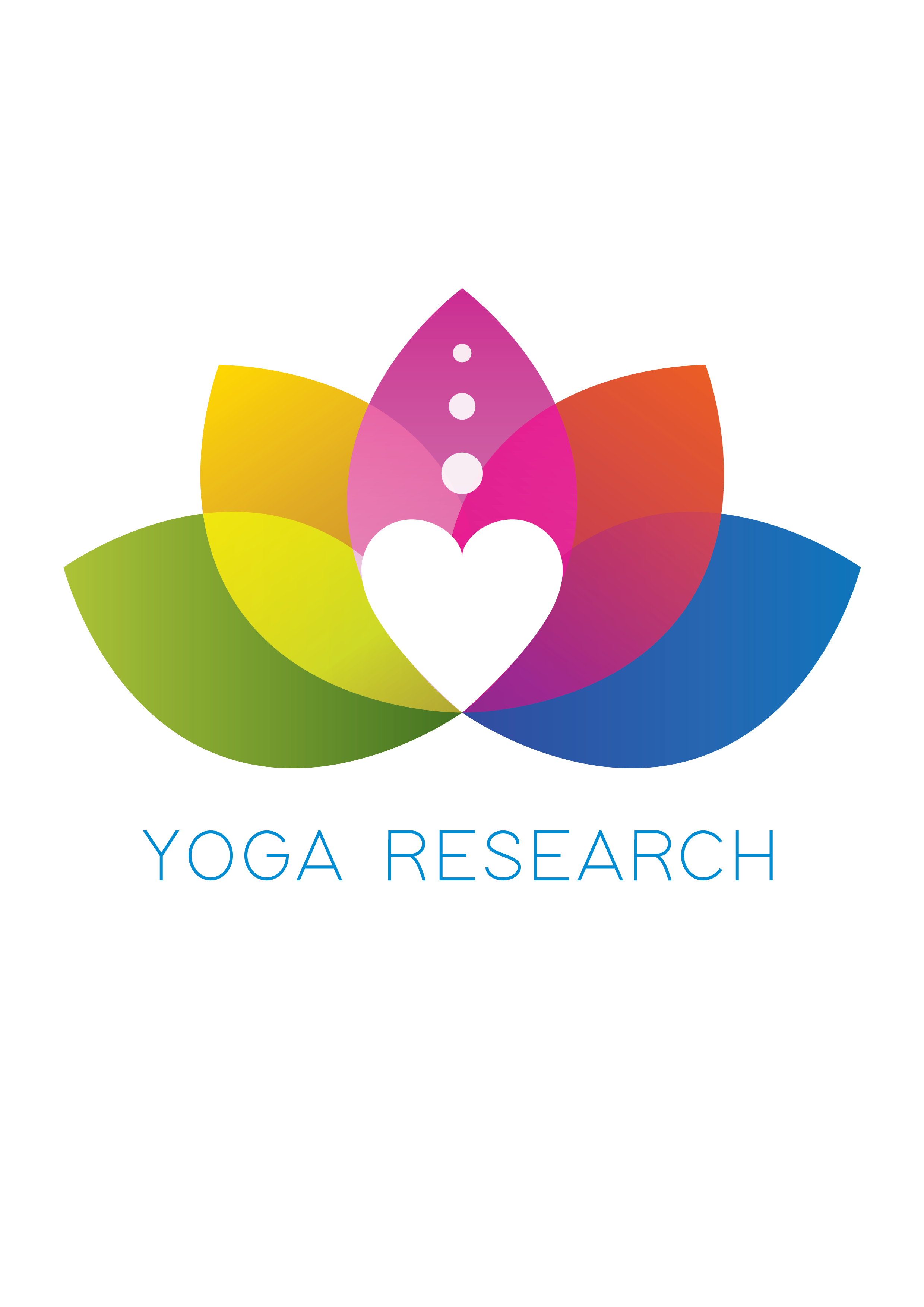
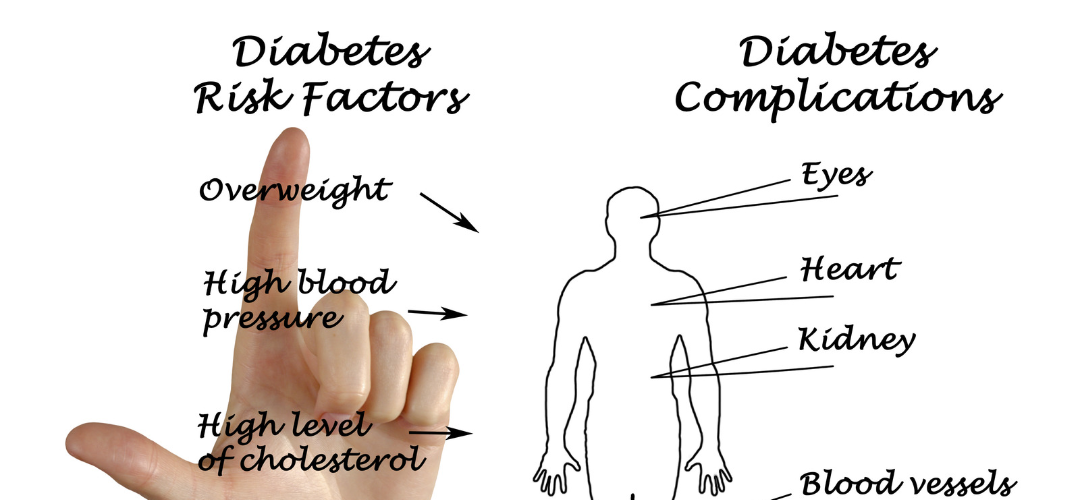

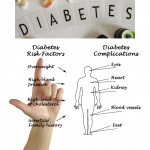
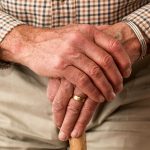
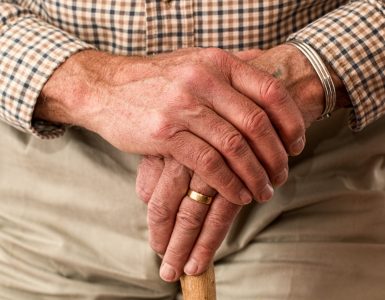









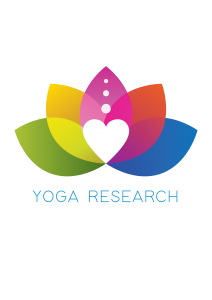

Add comment